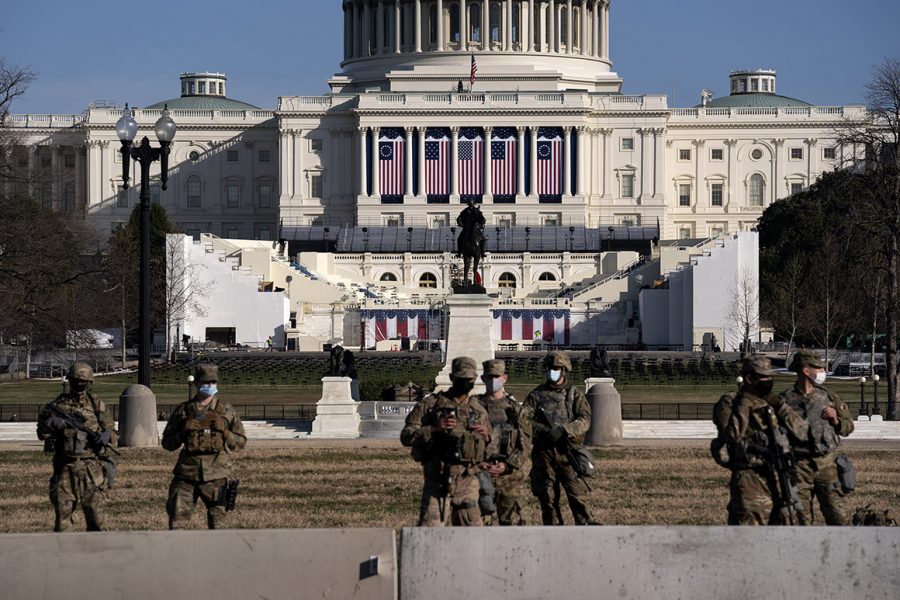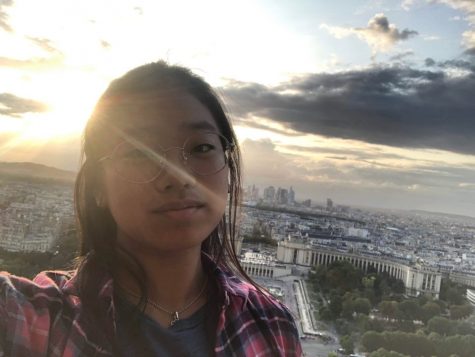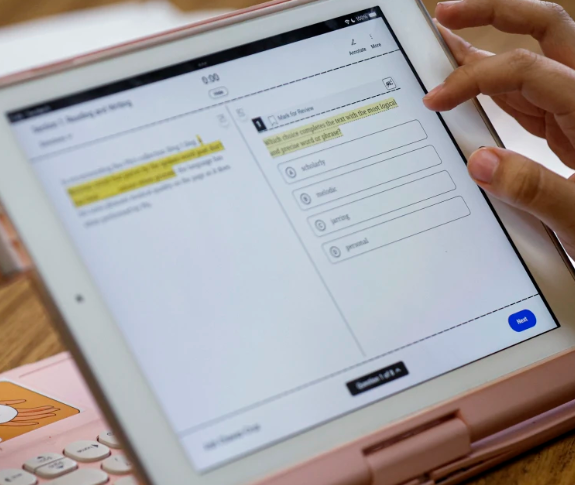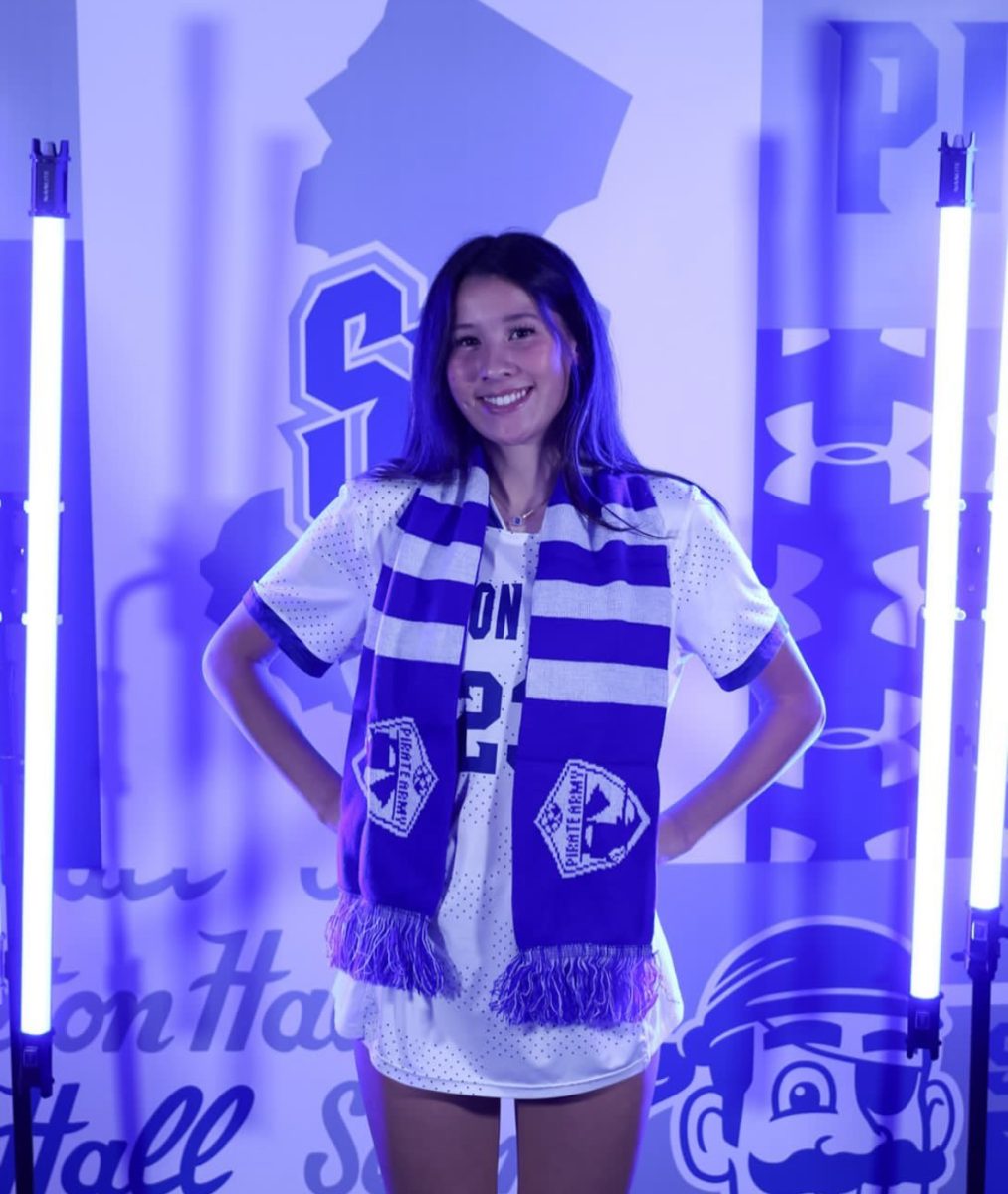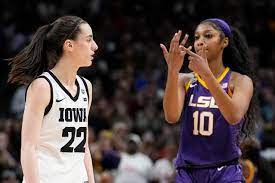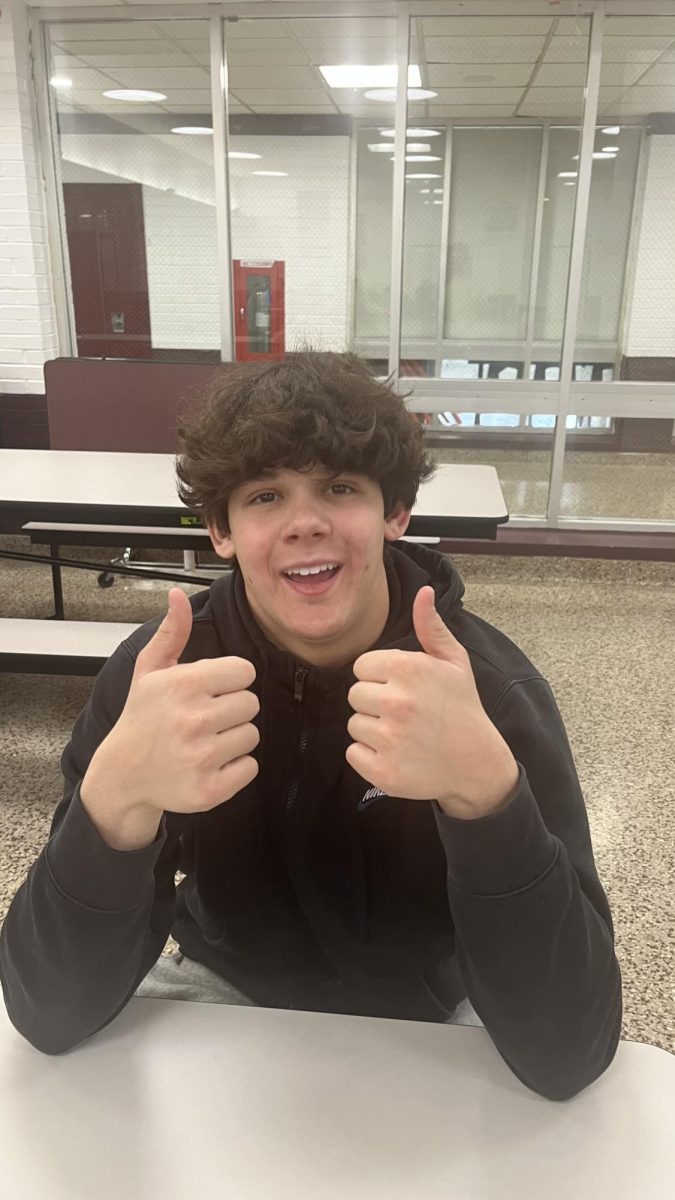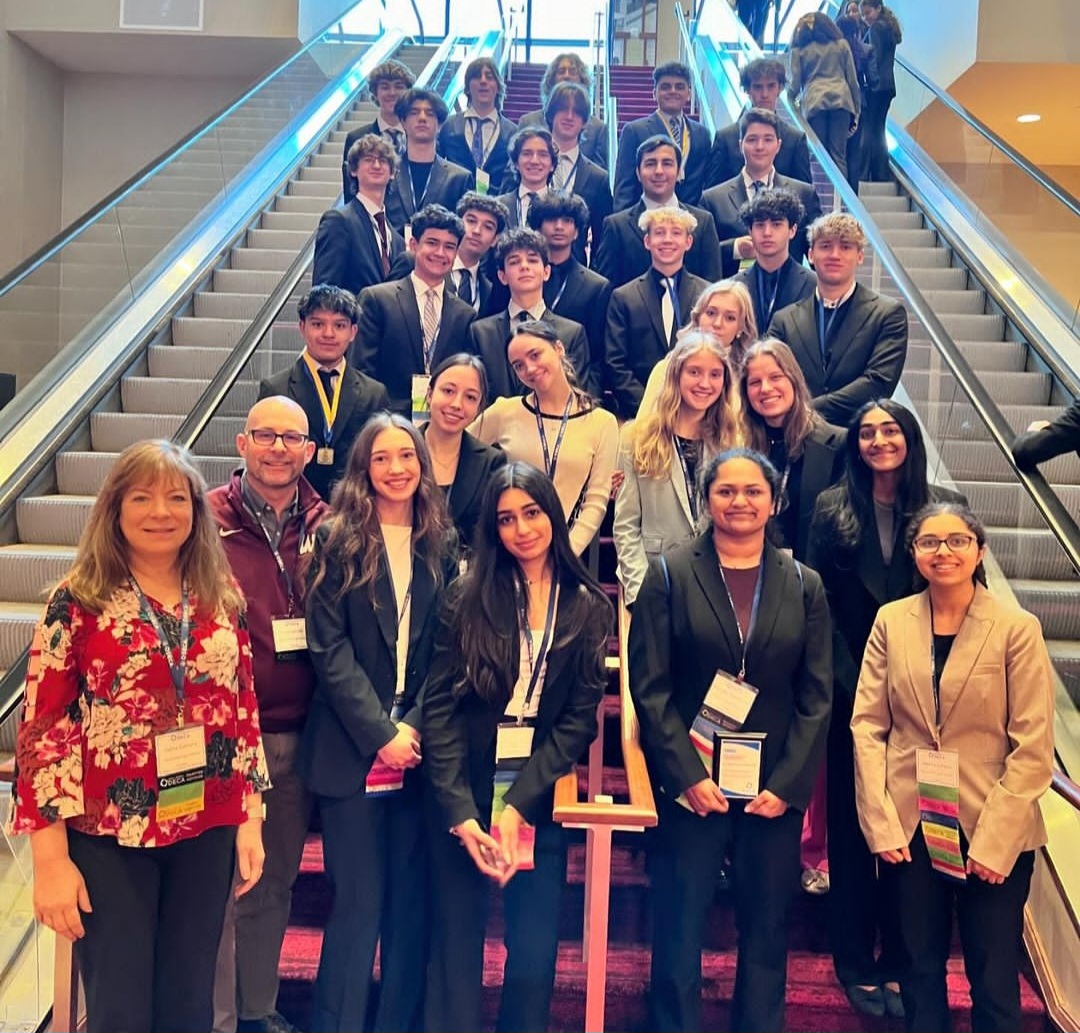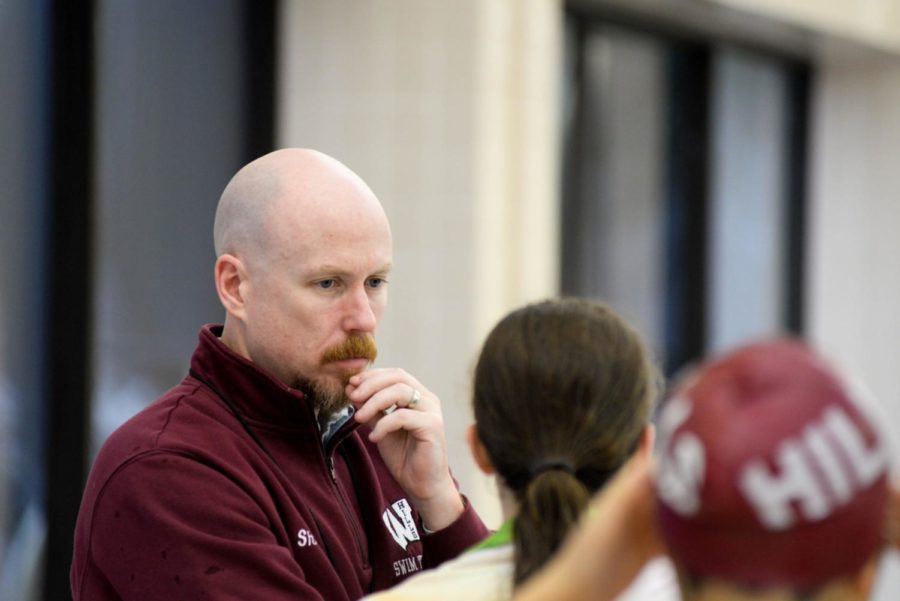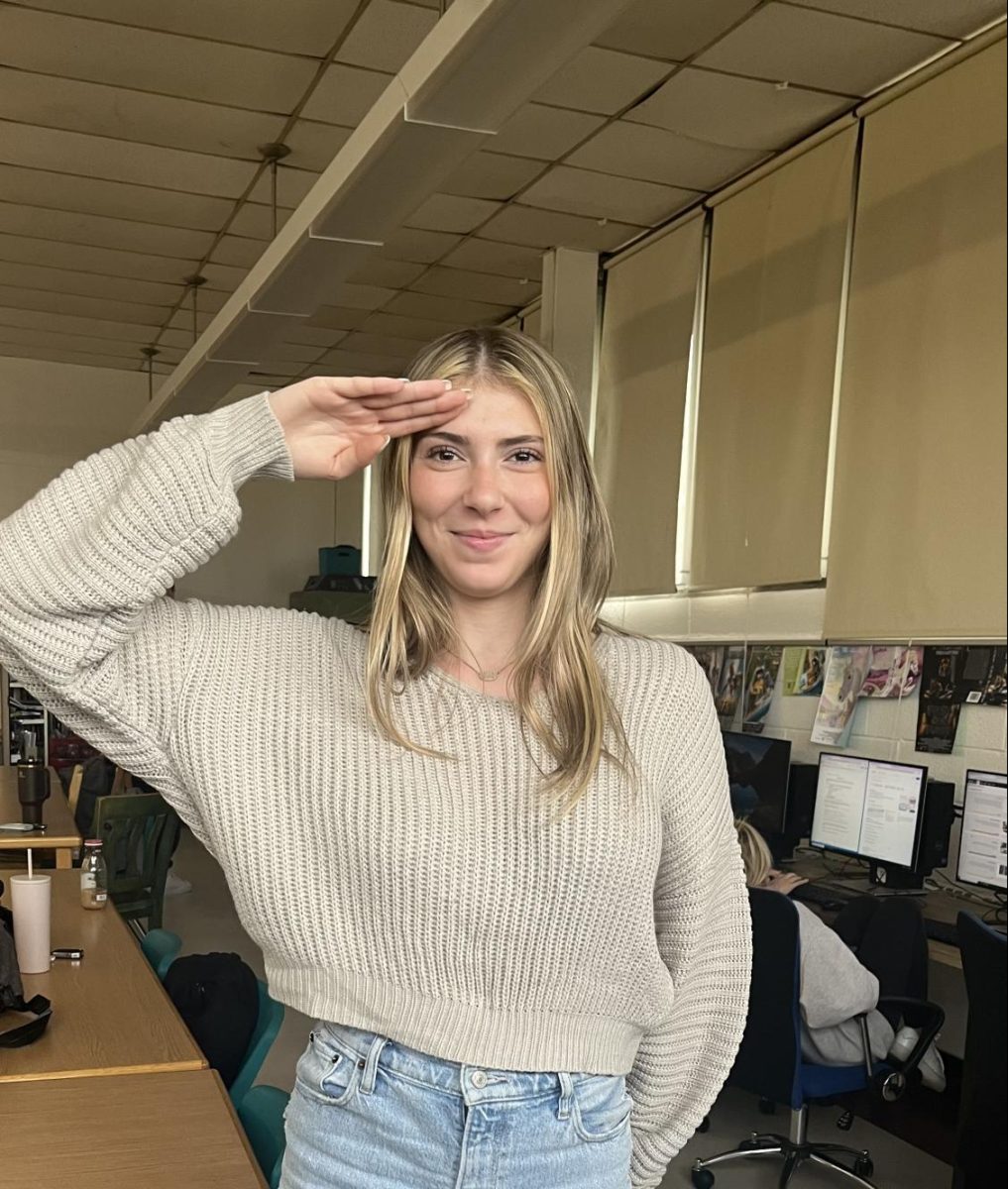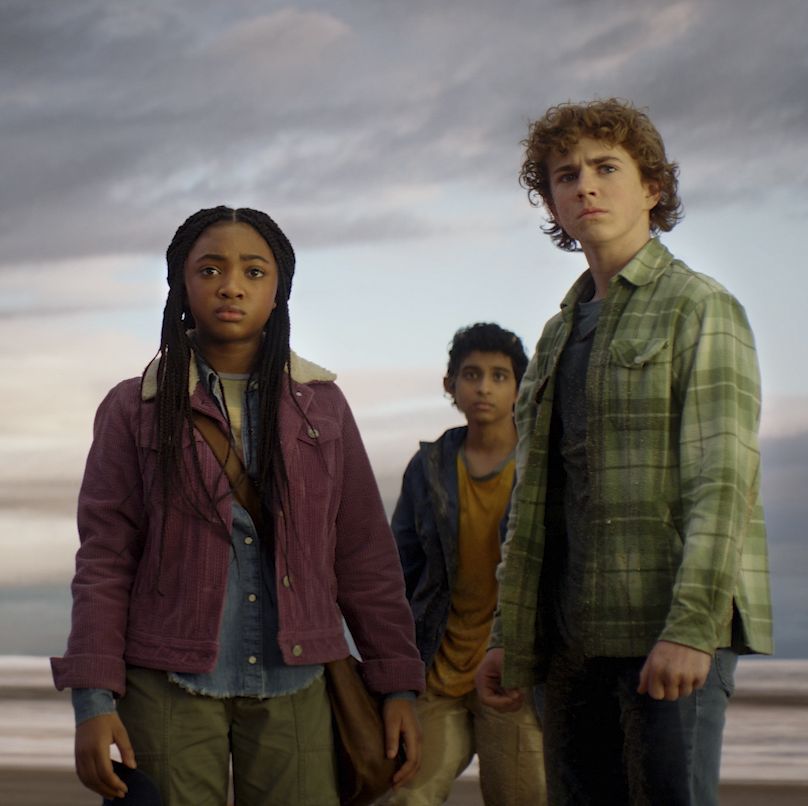From Insurrection to Inauguration – How Are Teachers Handling National News Events?
January 26, 2021
Let’s be frank about the January news. It wasn’t pretty. Everything was hectic as our country was preparing itself for President Joe Biden to be inaugurated on Wednesday, January 20.
On January 6, 2021, the Capitol building was stormed by rioters who were against the outcomes of the election. Wishing that President Donald J. Trump would remain in office, the rioters climbed over walls, damaged private property, and vandalized offices. The country was shocked by the violent attack on its Capitol and this event called for serious action.
Former President Trump starting losing support from politicians within his own Republican party, who criticized him for inciting this attack on the Capitol. He faced opposition from Vice President Mike Pence himself, and members from his own party voted for impeachment.
On Tuesday, January 26, former President Trump’s impeachment case was passed to the Senate.
In history, there have been a total of four impeachments of Presidents. Two of them are from Bill Clinton and Andrew Johnson. President Trump became the first U.S. president to be impeached twice.
On the day of President Biden’s inauguration, President Trump broke the American tradition of being present at the inauguration of the next President and was absent from the ceremony.
As we face our current news, it is evident that these times are wild. Rare events have occurred. American traditions and precedents have been broken. These are the kind of crazy events that will be written down in future textbooks.
Our current issues can’t be ignored. The elephant in the room must be addressed.
But how are our teachers responding to them? How are they addressing the news in their classes? Or are they even mentioning it at all?
John Terry, who teaches A.P. United States History I, Human Rights in World History, and Contemporary Issues in World History, admits that his “feelings about what is happening right now are complicated.”
“In some ways, I am horrified at how close we have come to completely subverting our democracy by means of insurrection,” Terry says. “In other ways, as a student and teacher of history, I know that our democracy has never been perfect, and that there have been serious efforts made in recent years to prevent our democracy from becoming more inclusive.”
Terry believes that this moment in our world is a “teachable moment” and “an opportunity to realize that we cannot take our democratic institutions for granted, and that our government can only be what it will be.”
Terry hopes that these events will teach students the importance of deeper civic engagement, for it is becoming a necessity for our country.
“I try to create opportunities where students can apply their understanding of history to current events,” he states. “For example, students in my U.S. History I class recently have taken a closer look at the precedent set in the presidential election of 1800 for the peaceful transfer of power from one political party to another without civil unrest, and why that matters for national security, as well as the integrity of our country’s electoral process. ”
In Terry’s Human Rights class, he “contextualized some current events using an understanding of human rights,” while in his Contemporary Issues class, he preps his students “in information and media literacy so they can be better consumers of the world of information that is swirling around us, sometimes in a dizzying fashion.”
Thomas Mohan, who is another U.S. History I teacher at Hills, states that the current national news shows students how relevant history really is in our world.
“We study the past to gain knowledge, experience something in the present, and gain wisdom for the future,” he says. “[My] class is meant to be a beginning and not an end.,” he said. Mohan wishes for his students to learn the essential learning and thinking skills needed when they leave high school.
Mohan also believes he is blessed to be teaching a subject that is relevant to the current news. Though most may think that United States History 2 is more relevant because it covers the Vietnam War and the Civil Rights movement, he argues that issues in the present are deeply rooted at the beginning of American history.
“What we’re seeing now with both the government and white supremacy was born way before World War Two,” Mohan claims. “Starting in 1607 with Jamestown and 1790 with the Constitution, our basic history is the idea that our wealth has been derived from the theft of indigenous land and the labor of enslaved African people. . . As a teacher, we need to explain to people that [history] is not a subject to be studied in class. It is an aspect of our nation.”
In his classroom, Mohan reports that he tries to “start out the class with the nightly news, such as PBS new hour, which is a six-minute segment.” He also encourages students to follow the news from more moderate sources, so that they don’t “get confused with [facts from] various sources of information.”
He often shares articles from sites such as AllSides, which includes articles from the conservative, liberal, and center arguments. It allows you to check the sources and who wrote the article, which can help you build a balanced conclusion on certain topics.
Mohan says that during class discussions, “I don’t tell them what I think. I just challenge them to think.”
He encourages discussion and hopes that students will pay attention to what happens in the news and their everyday lives. He also wishes that students pay attention to history and apply it to their everyday experiences.
At the beginning of the year, he had his students listen to a podcast by Bryan Stevenson, an activist, and lawyer dedicated to helping people who are wrongly condemned and incarcerated. Mohan was awed by his statements and found that these words also apply to our current news.
“Until you admit what history has been, you can’t heal and move forward,” Mohan states. “You can’t blame people, it’s about everybody understanding and admitting what happened in the past.”
It’s hopeful to see that teachers are addressing these issues in the classroom. These are important and unprecedented times that one should not miss. As students, we must be civically engaged and understand what is going on in our world today.



